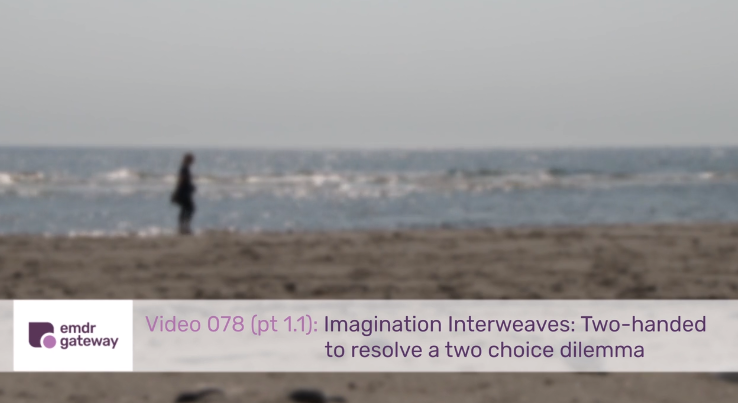Intense affect often accompanies work with complex trauma. These can be a re-enactment of emotions experienced during the trauma and can be shocking to witness. The temptation is to stop processing and move into talking therapy or other mode of operation. Usually, a better way is to enable the client to safely continue to process while you ‘stay out of the way’.
What you will learn:
How to manage yourself as therapist and the client when there is a strong emotional response during an EMDR processing session and several different ways of working with abreactions.
Read More
















What this is about: The case is about a man in his forties who has lost his family and career. He experiences extreme dysregulation, suicidal thoughts and an inability to make sustained relationships. He has a childhood of extreme neglect and abuse. The defining condition is a lack of any hope of change or relief in the future. He is unable to contemplate dealing with past and current traumas.
What you will learn: How to work, first with the future loss of hope using the standard EMDR protocol. You will also learn how to use aspects of Brief Solution Focused Therapy to create a hopeful future, if the client is unable to do so himself. This hopeful future will become the target in this first phase of the three-part therapeutic journey.